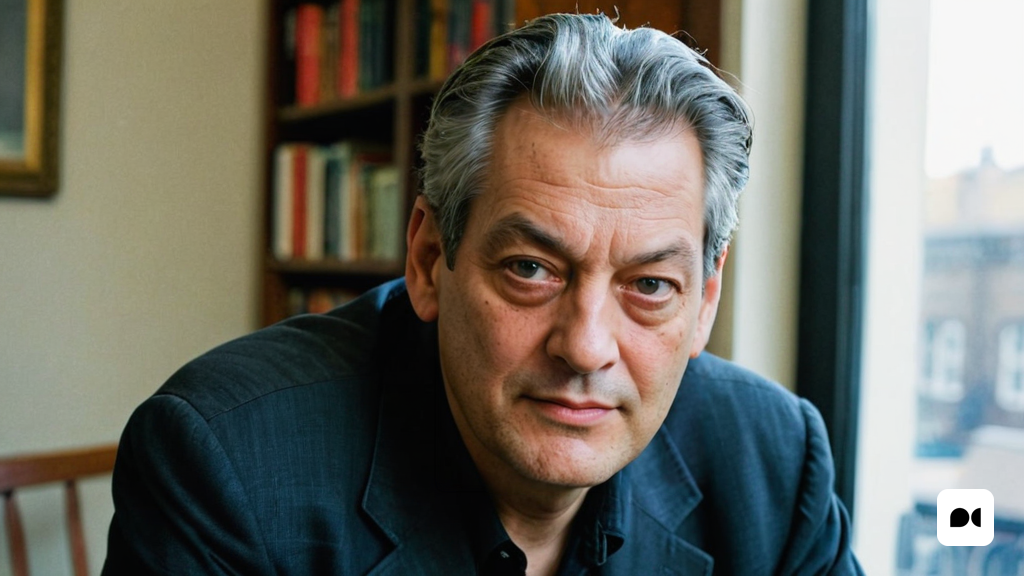Farewell to a multifaceted writer
The renowned writer Paul Auster died at the age of 77 due to lung cancer. For a time, he lived in a place he and his wife, Siri Hustvedt, called Cancerland, a place of waiting and absence. Auster, born in New Jersey in 1947, stood out as a filmmaker, novelist and screenwriter, with Brooklyn as a recurring setting in his works.
The last work: Baumgartner
Auster’s latest novel, titled Baumgartner, tells the story of a philosophy professor facing retirement and widowhood. His wife, Anna, becomes a ghostly presence in his life, creating a profound impact on her existence.
Reflections on life and death
Auster, through Baumgartner, addresses themes such as aging, loss and grief. The protagonist immerses himself in the task of preserving the literary legacy of his deceased wife, reflecting on the writer’s life beyond death.
Phantom limb syndrome
Baumgartner explores the concept of phantom limb syndrome, relating it to loss and grief. Auster, through his work, invites the reader to reflect on existence, the fear of pain and the acceptance of senescence.
The literary legacy and the management of grief
The protagonist assumes the responsibility of preserving his wife’s literary legacy, showing an inalienable serenity. Auster, through Baumgartner, raises the importance of memory and the palliative care that the writer leaves for those who remain.
A lucid and luminous consolation
Baumgartner presents himself as a comfort to readers, offering reflections on love and loss. Auster leaves a legacy that invites us to face uncertainty with lucidity and understanding.

